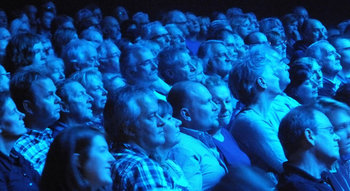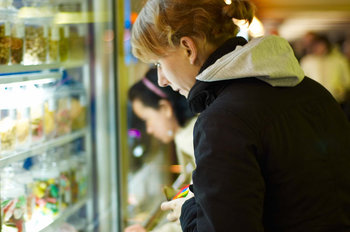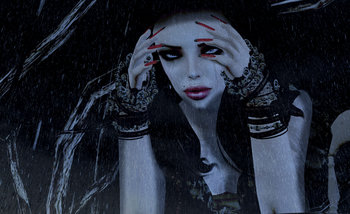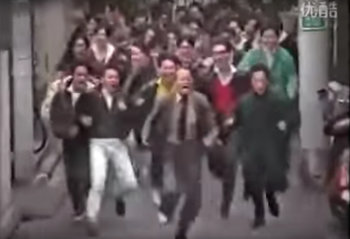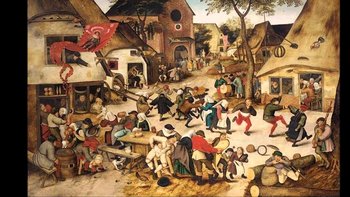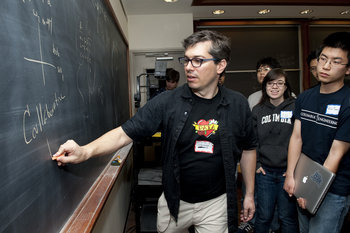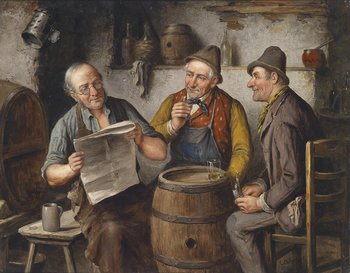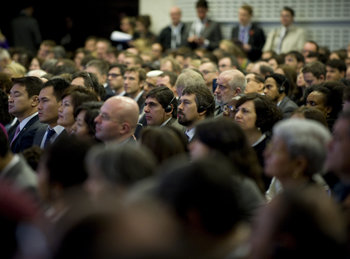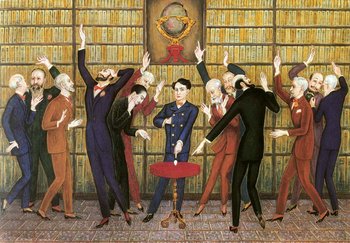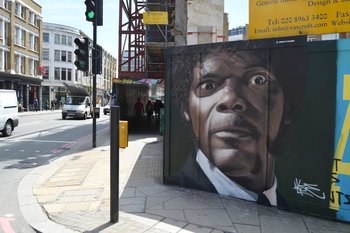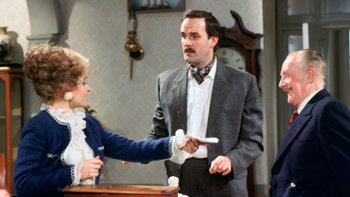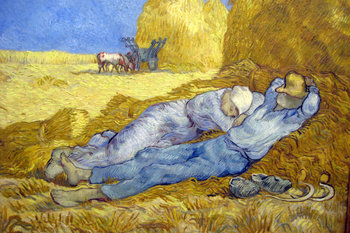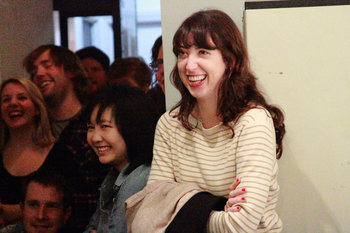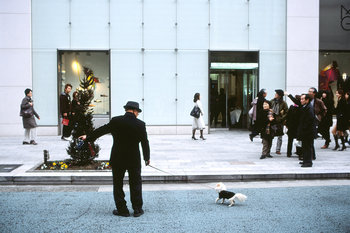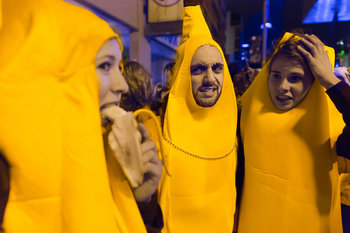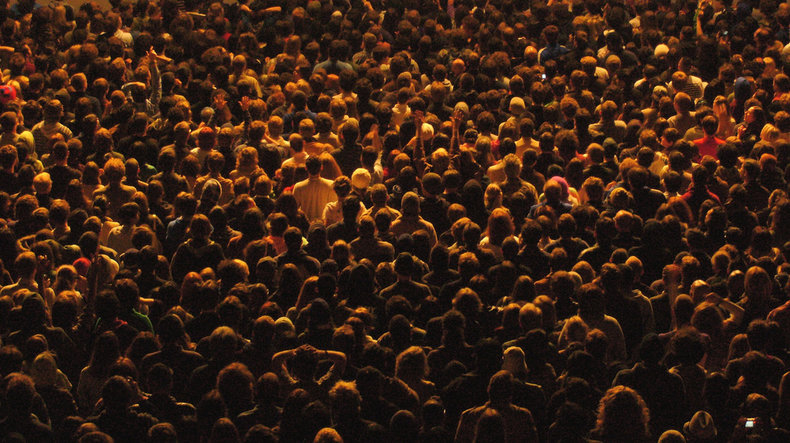
Entertainment
A television producer decides to end a show at the peak of its popularity in hopes of maximizing media sales.Public Speaking
A talented speaker focuses on closing with something funny or stimulating that is unlikely to fall flat.Customer Service
A restaurant owner is in the habit of surprising customers by giving them a free sample such as a small portion desert. The chef comes out and explains the dish as something new. By surprising customers, the business is able to generate memorable peaks.Sales
A salesperson ends every negotiation by giving a little extra at the very end.Customer Experience
Customers at a theme park don't remember the time they spent in line nearly so much as the peak experiences of the attractions themselves.| Overview: Peak-End Rule | ||
Type | ||
Definition | The theory that people judge experiences primarily by their peak and end. | |
Related Concepts | ||



